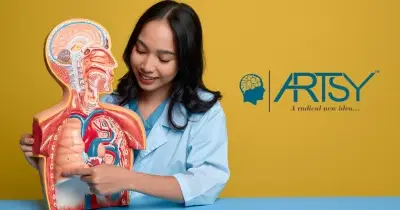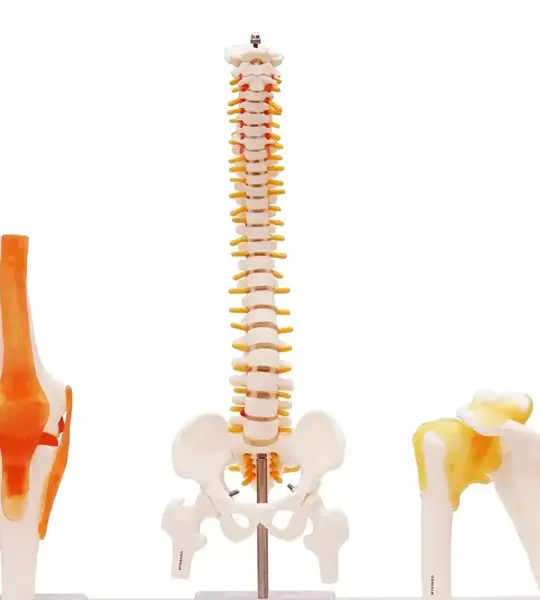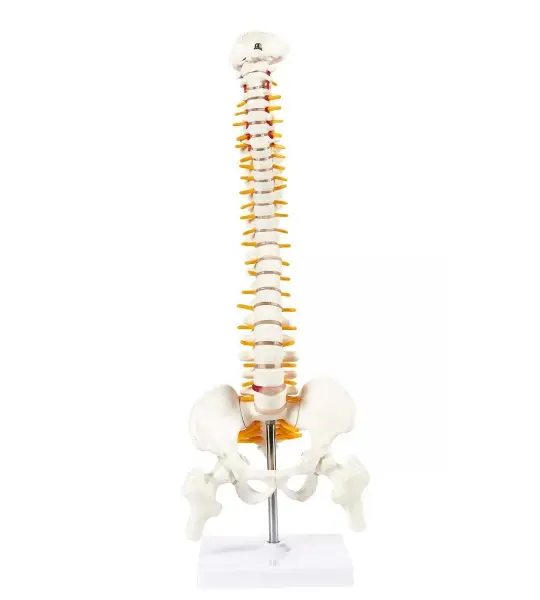Flexible Spine Model with Muscle Attachments, Nerves, and Pelvis for Functional Anatomy Education
When it comes to understanding the human spine, movement matters. The Flexible Spine Model offers a dynamic and hands-on view of vertebral function, complete with painted muscle origins and insertions, movable femur heads, visible spinal nerves, and a detailed pelvis with occipital plate. It’s more than a teaching aid—it’s a functional simulation of spinal motion and muscular attachment.
Designed for medical students, physiotherapists, orthopedic specialists, chiropractors, and fitness educators, this model allows learners to examine how vertebrae align, how muscles act on bone, and how flexibility, posture, and nerve pathways all work together in the spine’s operation. The entire spinal column—from cervical to coccygeal—is represented with life-like curvature and movement, and the model flexes naturally to replicate bending, twisting, and real-world spinal motion.
Key features include:
- Color-coded muscle markers: Red for muscle origin, blue for insertion—perfect for visualizing mechanical leverage.
- Flexible spinal articulation: Demonstrates normal motion and limitations through cervical, thoracic, lumbar, sacral, and coccygeal regions.
- Pelvis and femur heads: Offers complete hip-spine context with removable femoral connections for added clarity.
- Spinal nerve roots: Clearly shown exiting between vertebrae for teaching neuroanatomy and impingement scenarios.
For student labs, the model reinforces textbook learning by giving learners a tangible, mobile frame to manipulate and explore. For clinical professionals, it becomes an indispensable patient education tool—illustrating the mechanics of back pain, disc herniation, postural misalignment, and muscular strain with real-time movement and reference points.
Mounted securely on a supportive stand, the model remains upright for display but detaches easily for hands-on demonstrations. Its durable materials and anatomical fidelity make it suitable for daily handling, in-depth instruction, and detailed biomechanical discussion.
As one chiropractor shared, “This model lets me show patients what their spine is doing—and why it matters. It turns anatomy into action.”
Spinal Movement, Muscular Function, and Nerve Pathways—All in One Model
The Flexible Spine Model delivers the trifecta of functional anatomy—skeletal structure, muscular attachment, and neural integration—all with interactive realism. This model is engineered not only to demonstrate static anatomy, but to give learners and practitioners a clear, hands-on understanding of how the spine moves, how muscles pull, and how nerves flow through it all.
What sets this model apart is its full flexibility. You can bend, rotate, and manipulate the spine to show cervical extension, thoracic kyphosis, lumbar lordosis, or sacral curvature. This flexibility is particularly useful when teaching spinal mechanics, postural correction, or injury patterns such as disc herniation or nerve impingement.
Every detail is carefully designed for educational depth:
- Red and blue muscle markings show where key spinal muscles originate and insert—making it easy to teach the role of the erector spinae, multifidus, and iliopsoas.
- Spinal nerves emerge clearly from between each vertebra, allowing you to demonstrate how compression at any level can lead to neurological symptoms.
- The occipital plate connects the skull to the cervical spine for showing atlanto-occipital articulation and cranial support.
- The full pelvis and movable femur heads give a complete view of sacroiliac joint motion, hip alignment, and lower back mechanics.
This model becomes especially powerful in environments where active demonstration is key:
- In medical and physiotherapy education, it supports deep discussion of movement patterns and spinal alignment.
- In chiropractic care, it shows vertebral subluxation, fixation, and adjustment logic visually and effectively.
- In sports science or fitness coaching, it helps explain injury prevention and proper lifting mechanics through anatomical reference.
The flexibility also allows educators to reinforce concepts like spinal segment mobility, intervertebral disc function, and the effects of movement restriction. By observing how the model flexes or resists motion, learners build intuitive understanding—not just memorized terms.
Constructed from high-quality, medical-grade materials, the model is built for years of repeated use. The flexible column holds shape while allowing smooth articulation, and the colored markers stay vivid after countless demonstrations.
As one physiotherapy lecturer said, “It’s not just a model—it’s a conversation starter. Students suddenly ‘see’ what the spine is doing beneath the skin.”
Flexible Spine Model offers a dynamic, realistic way to teach spinal anatomy and function. Unlike rigid models, it demonstrates natural movement—bending, rotating, and compressing—alongside clearly marked muscle origins (red) and insertions (blue), visible nerve pathways, and removable femur heads for full lumbopelvic education.
Key Benefits:
- Fully flexible to show real-life spinal motion
- Color-coded muscle attachment points for functional learning
- Visible nerve roots to explain clinical symptoms like compression
- Includes pelvis and femur heads to explore hip-spine interactions
- Durable for repeated educational use
Ideal for:
Orthopedic educators, chiropractors, physical therapists, fitness professionals, and anyone teaching spinal mechanics or rehabilitation.
Why It Stands Out:
Transforms static memorization into dynamic understanding—bringing anatomy, movement, and clinical relevance together in one essential teaching tool.
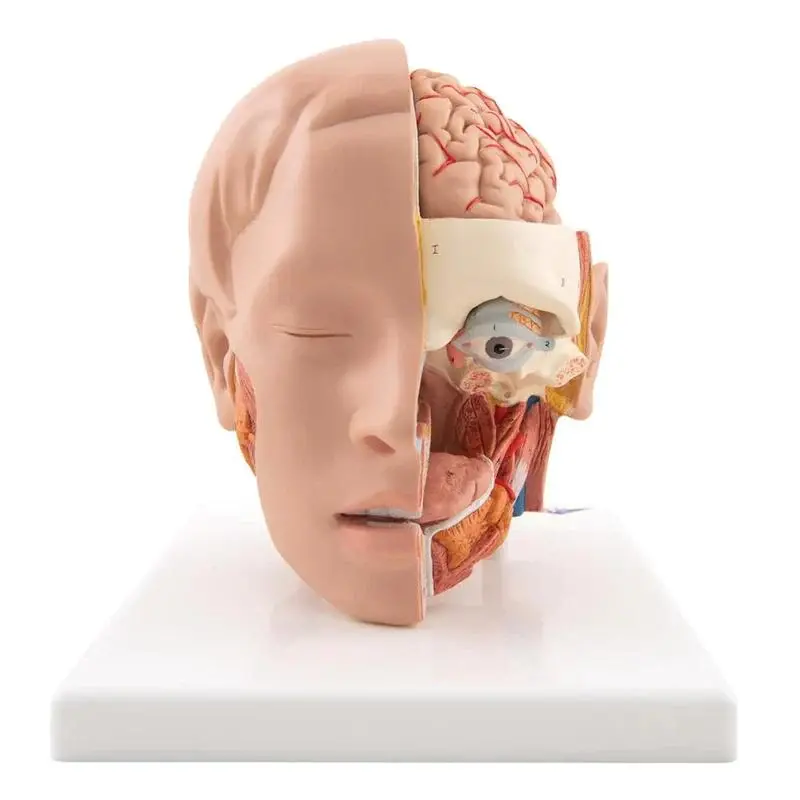 Anatomy Models
Anatomy Models
 Ayurveda Models
Ayurveda Models
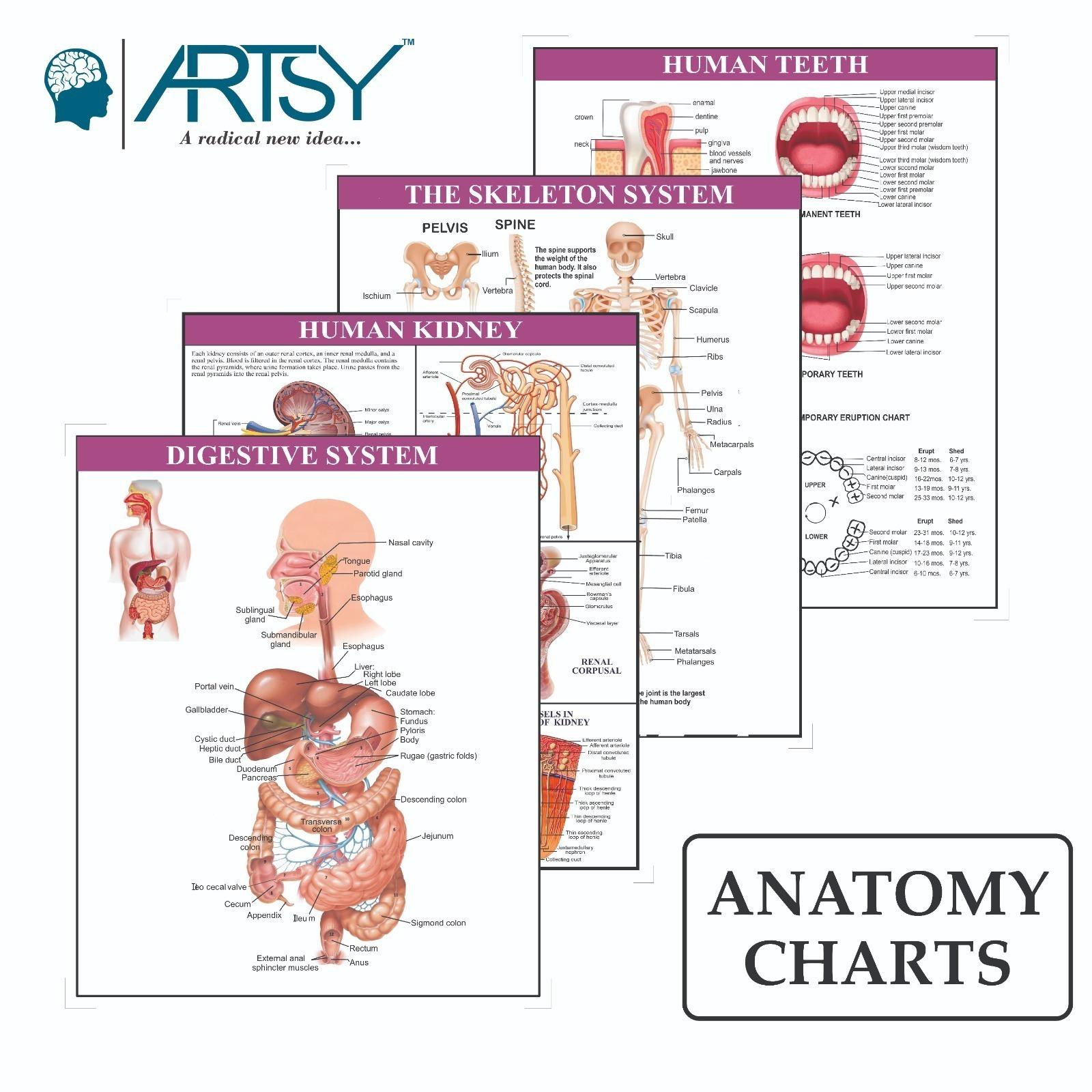 Charts
Charts
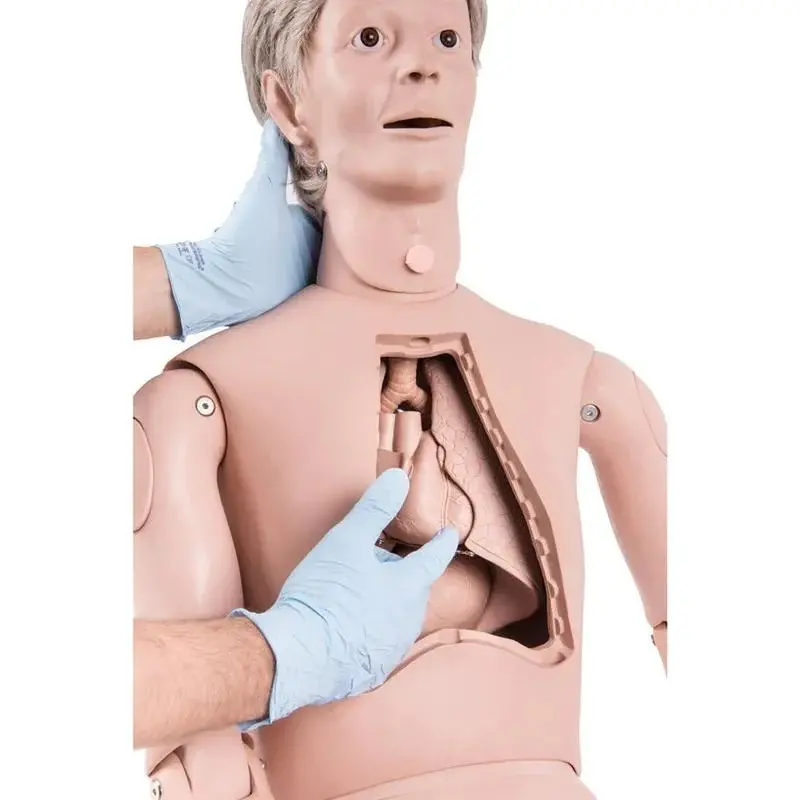 Medical Simulators
Medical Simulators
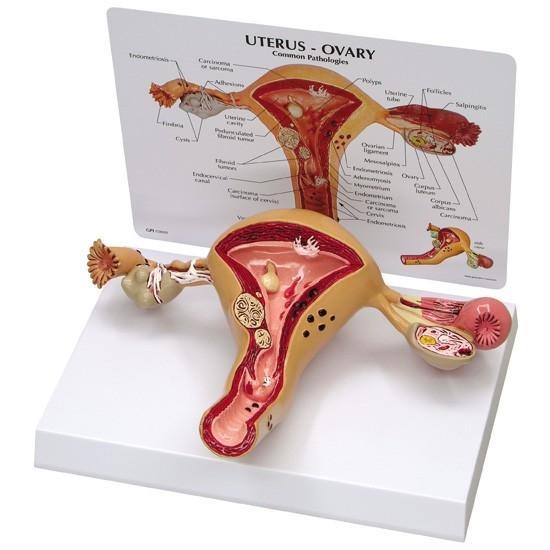 Women's Health Education
Women's Health Education
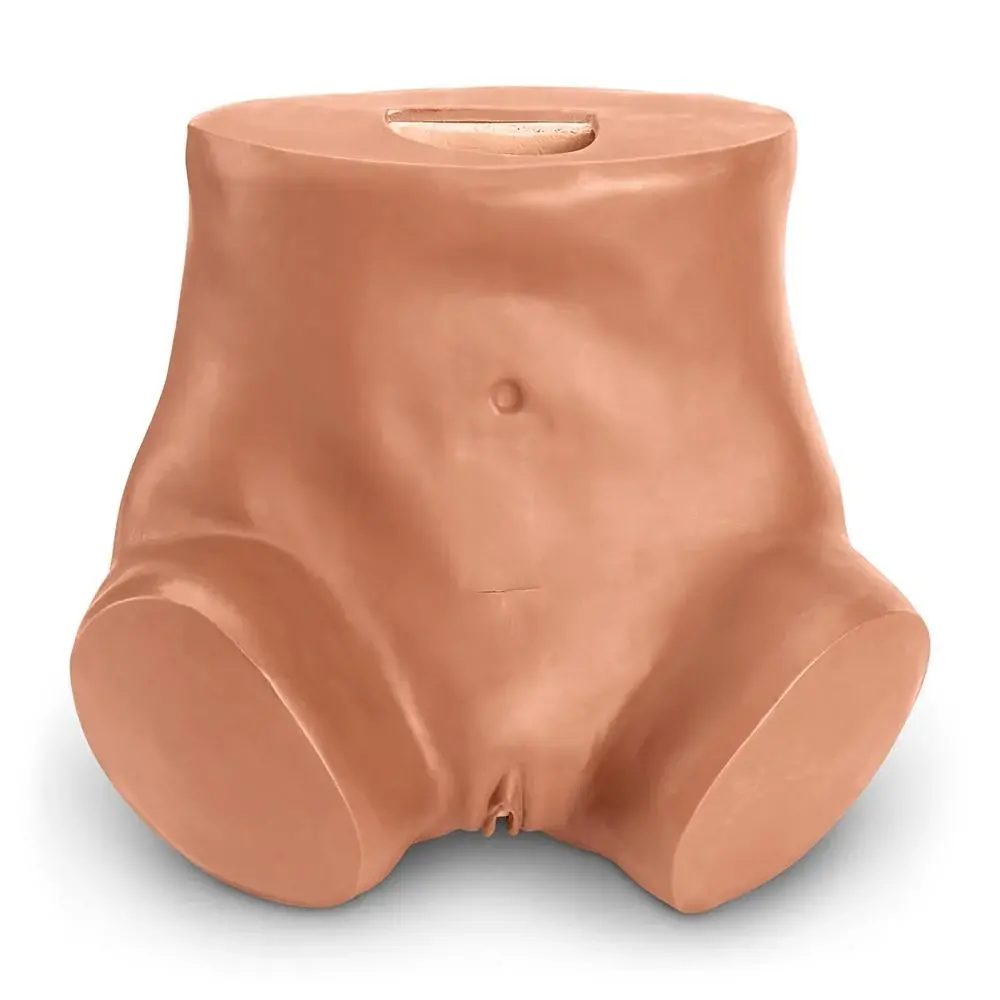 OB/GYN Trainers
OB/GYN Trainers
 Baby Care Simulators
Baby Care Simulators
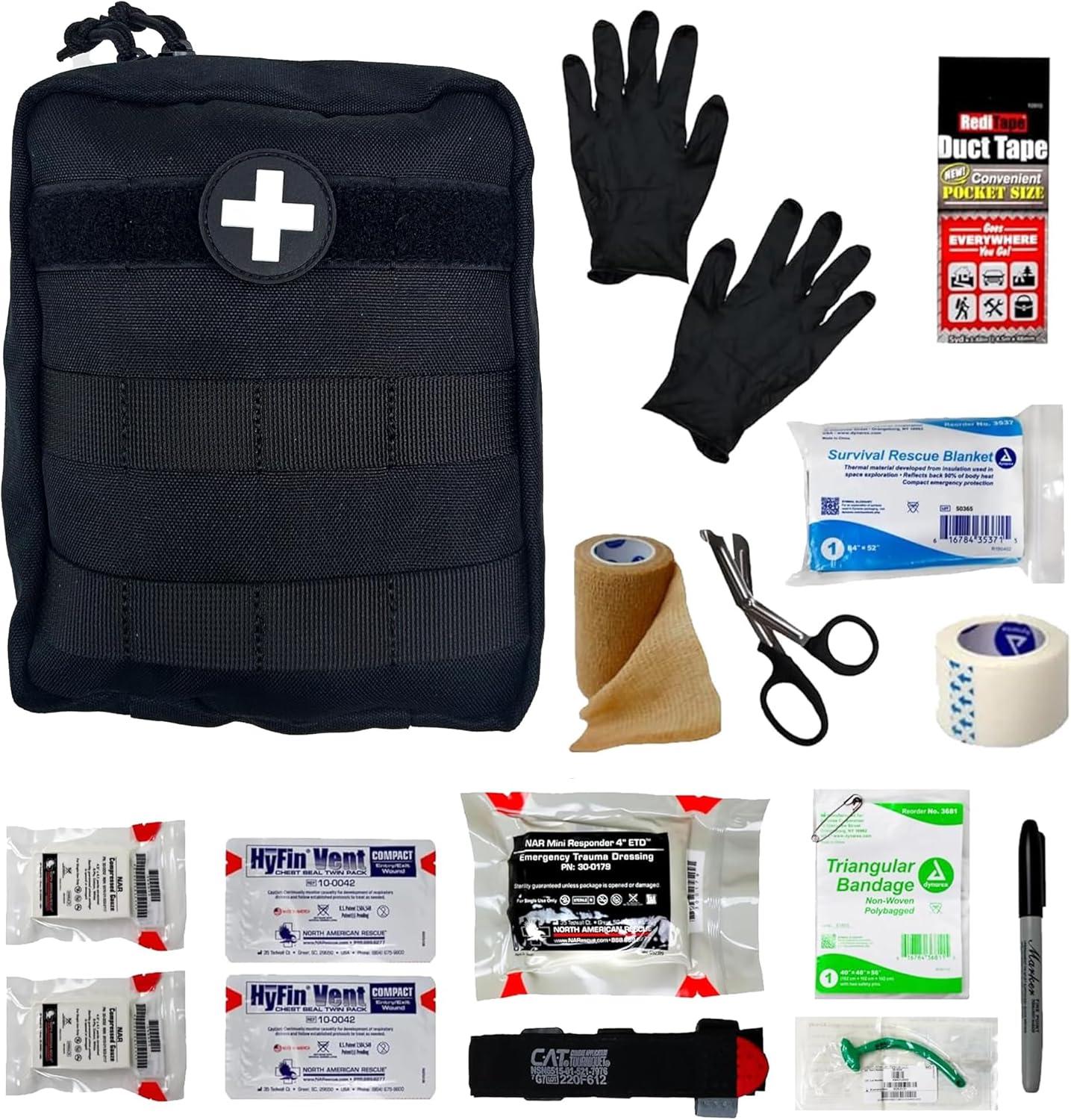 Medical/Emergency Rescue kit
Medical/Emergency Rescue kit
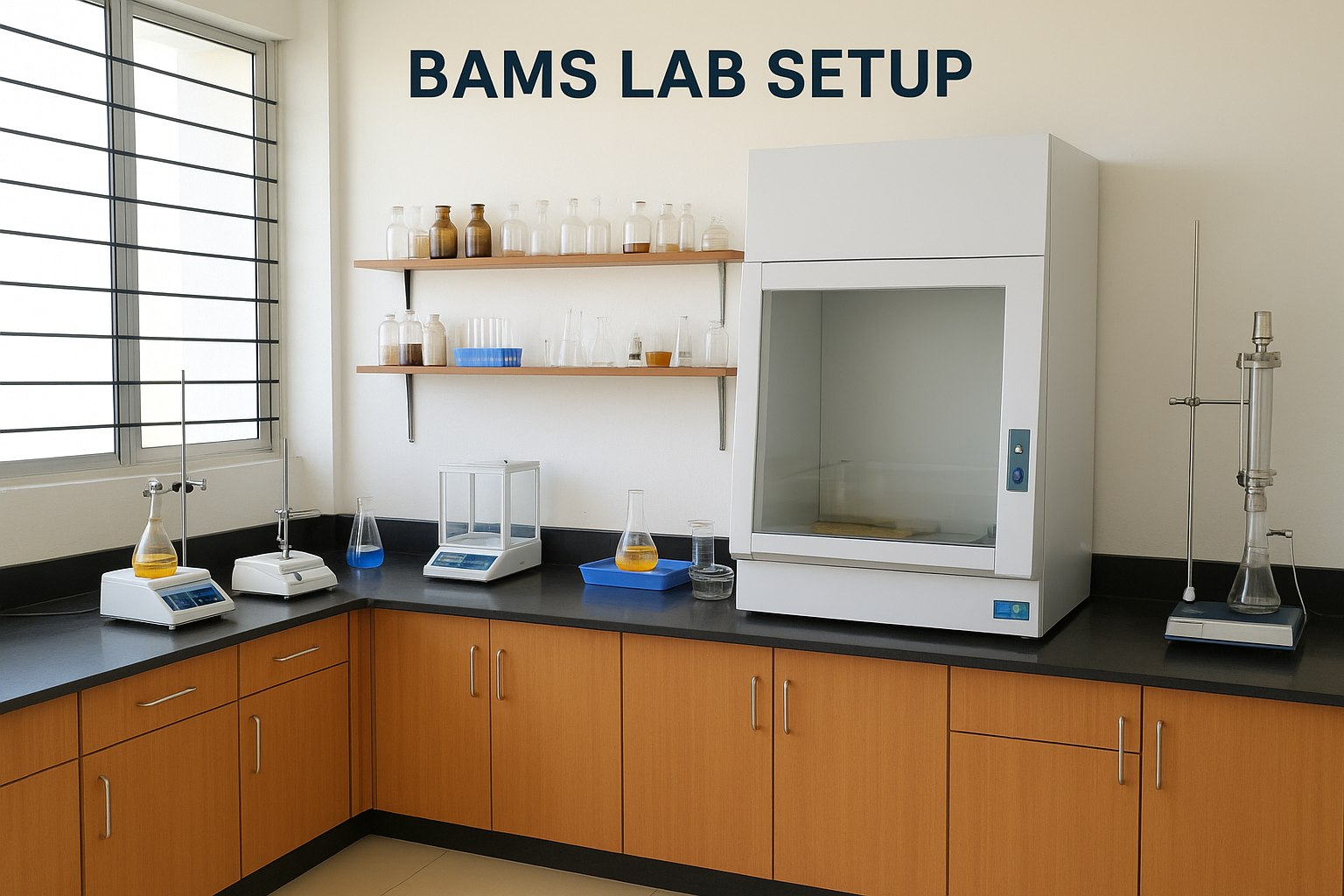 BAMS Lab Setup
BAMS Lab Setup

